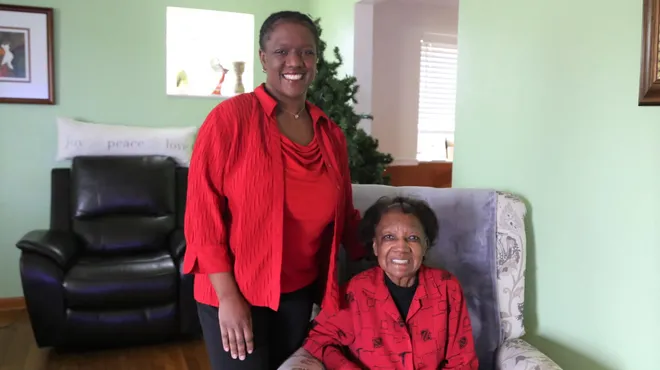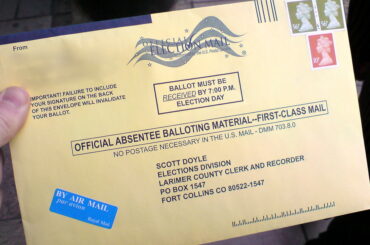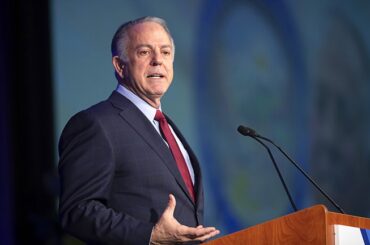The Reno mayor’s GPS tracking situation is going to the Nevada Supreme Court. On Wednesday, the lawyer for the private investigator who placed the tracker mentioned that he will submit a document to the highest court in the state by Friday’s due date to disclose who financed the monitoring of local authorities.
This postpones the resolution of the case for at least a month or two until it can be scheduled with the Nevada Supreme Court.
The focus is on David McNeely, a private investigator, who covertly monitored Reno Mayor Hillary Schieve and ex-Washoe County Commissioner Vaughn Hartung with a GPS installed on their cars to trace their whereabouts.
The two politicians filed a civil lawsuit after the device was discovered by chance, asserting that their right to privacy had been infringed and asking to find out who had employed McNeely so that individual could be included in their lawsuit.
Since Judge David Hardy denied any attempts to maintain the name confidential, the court system has experienced a flurry of legal disputes.
On Tuesday, the attorney of the anonymous individual involved in the spying (referred to as “John Doe” in the legal documents) asked for an extension to the deadline which was due on Friday. However, Judge Hardy denied the request. On Wednesday, the attorney for McNeely notified that he was going to the Nevada Supreme Court to keep the identity of the person confidential, something which Judge Hardy had previously asserted would take precedence over the Friday deadline.
On Wednesday, the lawyer for John Doe made a legal attempt to prevent the publication of his client’s identity by referencing the 1773 Boston Tea Party to show the tradition of anonymous political involvement in the United States.
This most recent document provides additional evidence to John Doe’s allegations of wrongdoing by officials in Reno, highlighting the decisions made by the Nevada Commission on Ethics in connection with Reno City Councilman Devon Reese and former Councilwoman Neoma Jardon.
The court motion asserts John Doe has a long-standing commitment to uncovering and bringing to public attention any illegal behavior. It also pointed out that John Doe’s First Amendment right to research elected officials anonymously should be respected, as forcing his name to be revealed would prevent him from engaging in activities protected by the First Amendment. There is no indication of any wrongdoing by Schieve and Hartung found in the documentation.



